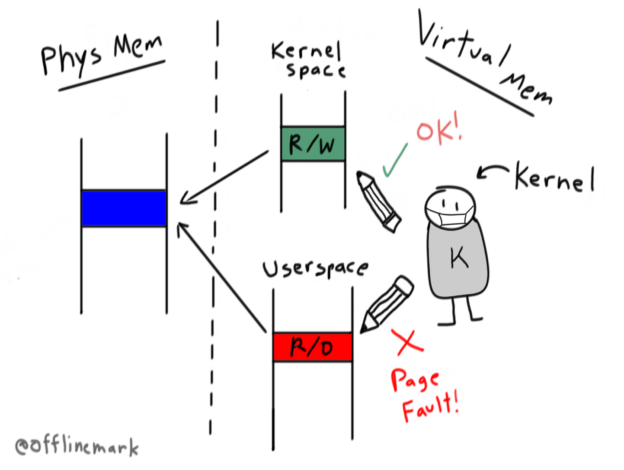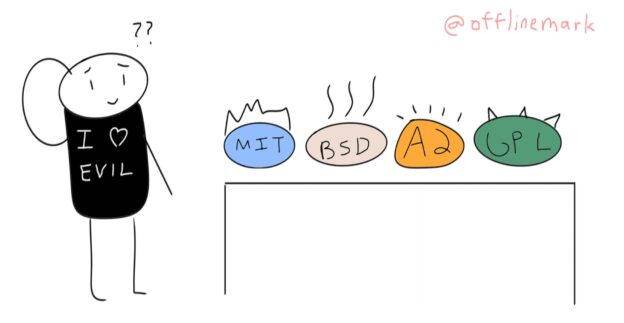If you’re already a 10x engineer, you probably won’t need this article. But for the rest of us, this is what I wish I knew about clang-format as an inexperienced C++ programmer: how to only format the changes in your pull request.
You may have already heard of clang-format. It auto-formats source files for languages including C and C++. You can aim it at a source file and format the entire thing using clang-format -i file.cpp.
If you’re contributing to a project that is already 100% clang-format clean, then this workflow works fine. But you’ll occasionally encounter a project that is not quite 100% formatted, such as LLVM, osquery, or Electron.
For these projects, the “format entire files” workflow doesn’t work because you’ll incidentally format parts of the files that are unrelated to your contribution. This will add noise to your diff and make it harder for your reviewers.
In this case, you need a way to surgically format only the lines changed in your contribution. To do this, you can use the clang-format git extension. This article will cover the basics of git-clang-format, including a practical workflow that allows for messy development, and formatting at the end.
Continue reading →





